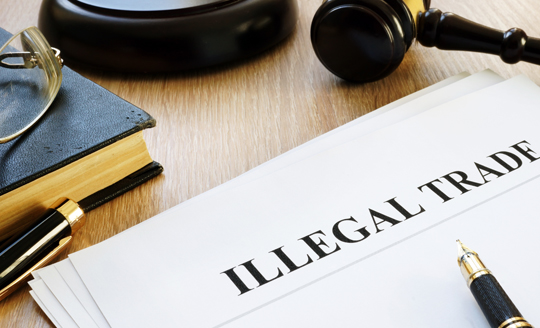Insider trading is the trading of a public company’s stock or other securities by individuals with access to nonpublic information about the company. In various countries, some kinds of trading based on insider information are illegal.
And Insider trading is a term that most investors have heard and usually associate with illegal conduct. But the term actually includes both legal and illegal conduct. The legal version is when corporate insiders, officers, directors, and employees buy and sell stock in their own companies. When corporate insiders trade in their own securities, they must report their trades to their necessary financial regulators within their jurisdiction.
The Securities Exchange Commission (SEC) is enforced by the United States (U.S.) securities law and in South Africa there’s the Financial Services Board (FSB). These financial regulators have rules to protect the investment from the effects of insider trading.
The SEC has agreements with many countries throughout the world and this gives the SEC access to people who violate U.S. securities law outside the U.S. Insiders in the U.S. are required to file a Form 4 with the U.S. SEC when buying or selling shares of their own companies.
Illegal insider trading refers generally to buying or selling a security, in breach of a fiduciary duty or other relationship of trust and confidence, while in possession of non-public information about the security. Insider trading violations may also include tipping such information, securities trading by the person tipped, and securities trading by those who misappropriate such information.











